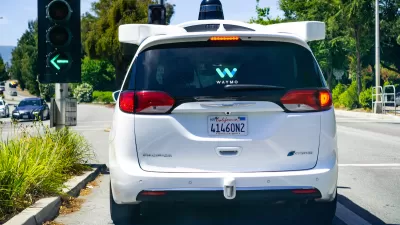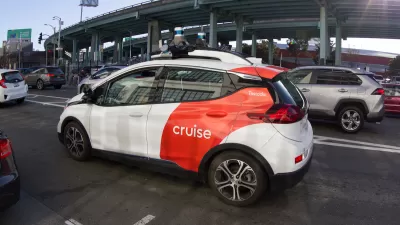Autonomous vehicles are already in production and big city taxi drivers could be out of a job in 10 years, including those for Uber and Lyft.

It may take 5, 10, or in some cases 20 years, but the taxi driver’s job is destined to disappear. By 2025 most major cities in Europe, Asia and North America will be served by autonomous vehicles that will take the traditional role of taxis.
Autonomous ride-sharing and ride-hailing services are the future for Uber and Lyft, too. Both companies are actively investing millions of dollars, through partnerships with technology companies, car manufacturers, and academic institutions, to develop and launch driverless taxi services in five years. Trials and pilot programs –with human drivers as a backup– are already underway. The arrival of driverless vehicles is the end game for the ride-sharing companies, as they will no longer need to deal with the burden of having to pay drivers, nor face strikes and protests over fares and terms of employment.
While autonomous buses could be an interesting solution for cities, the same way that driverless metro trains are already operating in many places and becoming the new standard, I believe the real creative disruption of mobility will come in the form of driverless taxis and car sharing services.
FULL STORY: Taxi Drivers, Your Job has an Expiry Date

Alabama: Trump Terminates Settlements for Black Communities Harmed By Raw Sewage
Trump deemed the landmark civil rights agreement “illegal DEI and environmental justice policy.”

Planetizen Federal Action Tracker
A weekly monitor of how Trump’s orders and actions are impacting planners and planning in America.

The 120 Year Old Tiny Home Villages That Sheltered San Francisco’s Earthquake Refugees
More than a century ago, San Francisco mobilized to house thousands of residents displaced by the 1906 earthquake. Could their strategy offer a model for the present?

In Both Crashes and Crime, Public Transportation is Far Safer than Driving
Contrary to popular assumptions, public transportation has far lower crash and crime rates than automobile travel. For safer communities, improve and encourage transit travel.

Report: Zoning Reforms Should Complement Nashville’s Ambitious Transit Plan
Without reform, restrictive zoning codes will limit the impact of the city’s planned transit expansion and could exclude some of the residents who depend on transit the most.

Judge Orders Release of Frozen IRA, IIJA Funding
The decision is a victory for environmental groups who charged that freezing funds for critical infrastructure and disaster response programs caused “real and irreparable harm” to communities.
Urban Design for Planners 1: Software Tools
This six-course series explores essential urban design concepts using open source software and equips planners with the tools they need to participate fully in the urban design process.
Planning for Universal Design
Learn the tools for implementing Universal Design in planning regulations.
Clanton & Associates, Inc.
Jessamine County Fiscal Court
Institute for Housing and Urban Development Studies (IHS)
City of Grandview
Harvard GSD Executive Education
Toledo-Lucas County Plan Commissions
Salt Lake City
NYU Wagner Graduate School of Public Service





























